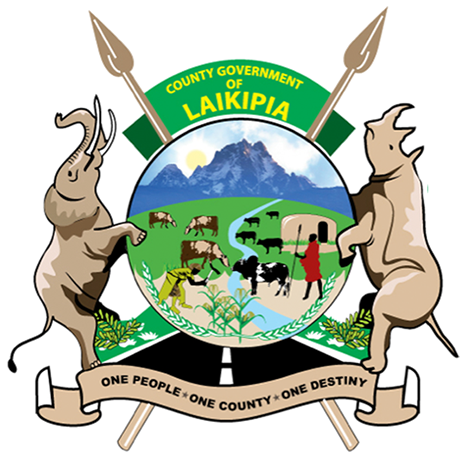Rebates On Manufacturers To Give Laikipia Products Competitive Edge In Market
Updated on: Nov 29, 2021
Laikipia is mulling rebates for manufacturers within the county to mitigate the high cost of production and give them a competitive edge in the market. The rebates will help in sales growth as it will lower the production cost. Among the areas targeted for rebates is the energy sector.
Rebates on electricity bills of manufacturers will enable firms to produce more for local and export markets thus enabling locally made products compete with those from abroad. For example, a manufacturer in India pays Ksh. 7/kWh while a manufacturer in Laikipia pay Ksh. 21/kWh to produce the same product. Therefore, the Indian manufacturer has a competitive advantage over the local manufacturer.
Reduced price for consumer goods as a result of low cost of production will lead to increased demand for goods and widen the countys manufacturing base and reduced taxation of locally produced items.
Expansion of local Small Medium Enterprises (SMEs) like the Davina Engineering works, Kiwama Enterprises for yoghurt production, which are located in Nanyuki will greatly benefit from electricity rebates leading to mass production of their products.
Other initiatives to curb high electricity prices for manufacturers includes the time use tariff which encourages manufacturers to use more energy for production that is the off-peak hours that is from 6p.m to 5a.m in the morning.
Laikipia is in talks with the CREB counties to do away with tariff and non-tariff barriers. Rebate refers to the sum of money that is credited or returned to a customer in the context of transaction.
A rebate may offer cashback on the purchase of a consumer goods or service, either as a flat-rate rebate, which is automatically subtracted from the purchase price or conditional rebate, which are only valid under certain conditions.
In addition to the rebates, the county government is facilitating local manufacturing by putting 79 locally-produced items under the list of preferential procurement.
Rebates on electricity bills of manufacturers will enable firms to produce more for local and export markets thus enabling locally made products compete with those from abroad. For example, a manufacturer in India pays Ksh. 7/kWh while a manufacturer in Laikipia pay Ksh. 21/kWh to produce the same product. Therefore, the Indian manufacturer has a competitive advantage over the local manufacturer.
Reduced price for consumer goods as a result of low cost of production will lead to increased demand for goods and widen the countys manufacturing base and reduced taxation of locally produced items.
Expansion of local Small Medium Enterprises (SMEs) like the Davina Engineering works, Kiwama Enterprises for yoghurt production, which are located in Nanyuki will greatly benefit from electricity rebates leading to mass production of their products.
Other initiatives to curb high electricity prices for manufacturers includes the time use tariff which encourages manufacturers to use more energy for production that is the off-peak hours that is from 6p.m to 5a.m in the morning.
Laikipia is in talks with the CREB counties to do away with tariff and non-tariff barriers. Rebate refers to the sum of money that is credited or returned to a customer in the context of transaction.
A rebate may offer cashback on the purchase of a consumer goods or service, either as a flat-rate rebate, which is automatically subtracted from the purchase price or conditional rebate, which are only valid under certain conditions.
In addition to the rebates, the county government is facilitating local manufacturing by putting 79 locally-produced items under the list of preferential procurement.
